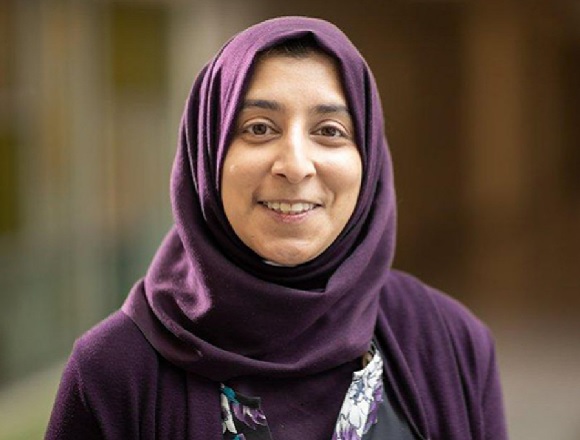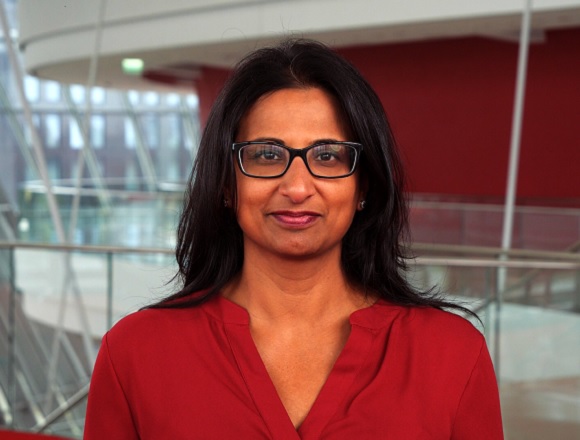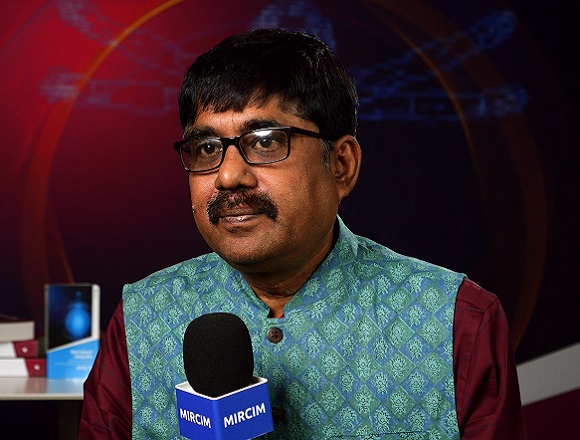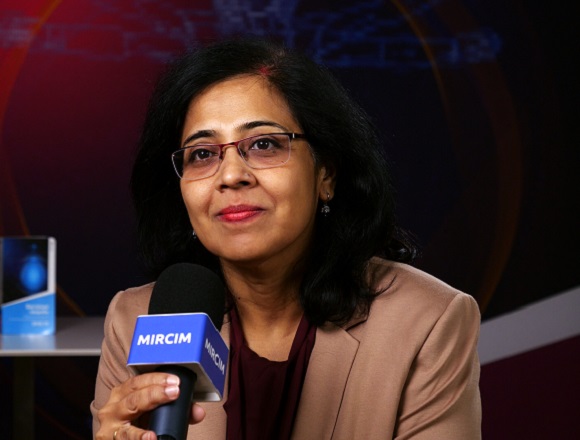Jyotirmoy Pal, MD, is a professor of medicine at R.G. Kar Medical College, Kolkata, India, and editor in chief of the South Asian edition of the McMaster Textbook of Internal Medicine.
During the coronavirus disease 2019 (COVID-19) pandemic, many countries experienced difficulties in implementing vaccination programs and other infectious disease control measures. This affected the epidemiology of some diseases, with increase in the global number of malaria cases being an example. How significant are these epidemiologic changes for clinical practice?
Yes, this is a very, very important issue. During the COVID-19 period, the whole government has put stress on COVID-19 management. Basically, the non-COVID-19 sectors were taken off to manage COVID-19 patients. Definitely, there is a deficiency in the non-COVID-19 management, particularly in terms of infectious diseases. There is a deficiency in giving vaccination for the other diseases. Definitely, there are some changes in the pattern of the other diseases, but at the same time I can mention that the prevalence of some of the diseases, such as tuberculosis, has decreased because patients are using masks a lot. As tuberculosis is an airborne infection, the incidence of tuberculosis has decreased to some extent in the post-COVID-19 period.
Also other infections, like malaria—this decreased initially in the post-COVID-19 and COVID-19 period but started increasing again. This is because mosquitos actually breed in stagnant water. During the COVID-19 period, the construction work across the globe was minimized. Basically, there is a lot of stagnant water in construction sites, so, as there is less economic activity, less construction, there is less stagnant water, and there is less malaria, which we observed at least in India. But after COVID-19, now there is massive economic activity being started and the problem of the stagnant water is increasing, and there is a surge of the malaria cases, which we observe in India.
 English
English
 Español
Español
 українська
українська







